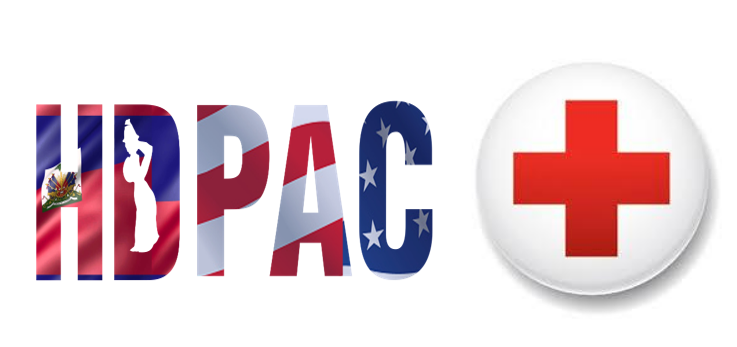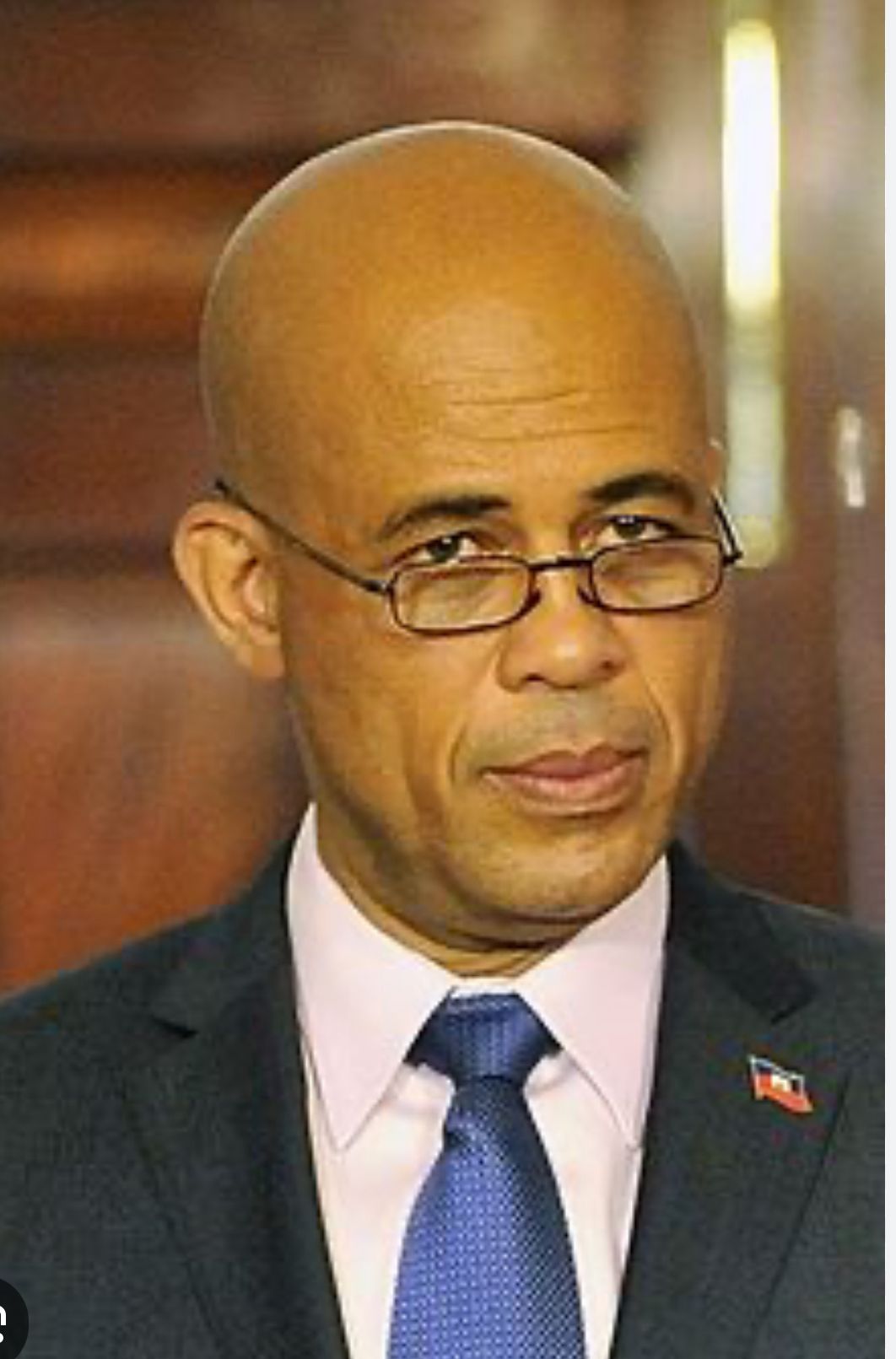|
Getting your Trinity Audio player ready...
|
If Biden wins, it will be because of Black votes. Early in the Democratic primary black voters in North Carolina breathed new life into his campaign by giving him a decisive victory with nearly 70 percent of the black votes. Now, three weeks before the presidential election, black voters are coming out in huge numbers to ensure a Biden victory over Trump.
In a current Washington Post-ABC News national polls conducted in early October, Biden leads Trump by 92 percent to 8 percent among likely Black voters. Additionally, three Post-ABC polls conducted since August found on average that 86 percent of registered Black voters are either certain to vote or have already voted, up slightly from 80 percent in 2016.
To many black voters, this election is not merely about two candidates but about taking a stand in a long fight for racial justice in America. It is about the soul of the United States and the survival of our democracy. For this reason, the 2020 presidential election will go down in history as one of the most consequential elections in America’s 240-year existence.
So consequential that black voters in states where early voting is underway have said this year’s presidential election is the most important of their lifetime. Many call it more consequential than 2008 when those who were old enough went to the polls in record numbers to make Barack Obama the country’s first Black president.
Black voters speak of a sense of urgency to protect the nation’s democracy and their role in it, believing a second Trump term would erode the country beyond repair. Many said they view the president as a racist who cannot bring himself to disavow white supremacists or the year’s spate of police killings of unarmed Black Americans. They believe the country is less safe for themselves and their families.
Turnout numbers in states with available data show a surge of Black participation in the first few days of in-person voting. In North Carolina, which began early voting Thursday, Black voters accounted for more than 30 percent of turnout on the first day — well above their 23 percent share overall in 2016. In Georgia, Black voters accounted for about 32 percent of mail ballots and in-person votes cast through Thursday, so far outpacing their overall share of the electorate in 2016.
This pattern is similar in U.S. cities with large Black populations. For instance, in the counties that include Milwaukee and Detroit, the roughly 283,000 in combined votes cast already is equivalent to nearly one-fourth of those counties’ total turnout four years ago. A drop-off in votes for Democrat Hillary Clinton in those cities in 2016 compared to Obama’s 2008 and 2012 vote tallies contributed to Trump’s overall victory after he carried Wisconsin and Michigan by tiny margins.
Trump’s handling of racial unrest, as well as the coronavirus pandemic, changed the calculation for Black voters by posing real threats to their health and safety, said Morgan Jackson, a Democratic consultant in North Carolina. For some, that turned voting into a life-or-death undertaking.
During his time in office, Trump has presided over a sweeping U.S. government retreat from the front lines of civil rights, which advocates say has endangered decades of progress against voter suppression, housing discrimination, and police misconduct.
In recent months, Trump has condemned Black Lives Matter as a “symbol of hate” while defending armed White militants in Michigan; right-wing activists who waved weapons from pickup trucks in Portland, Ore.; and a white teen who allegedly shot and killed two protesters in Wisconsin.
Trump has also vowed to safeguard the legacies of Confederate generals while skipping the funeral of the late congressman John Lewis (D-Ga.), a civil rights icon, and retweeted — then deleted — video of a supporter shouting “white power.” He has questioned the electoral eligibility of Sen. Kamala D. Harris (D-Calif.), the nation’s first Black and Asian American candidate for vice president from a major party; in doing so, he reanimated a version of the false “birther” claim he used to suggest that Obama may not have been born in the United States.
As a result, Democratic pollster Cornell Belcher said, Trump is much more than a threat to Black Americans’ right to equality under the law; he is a threat to their very existence.
“There is no group of Americans who are more vested in this democratic experiment, historically, than the Black person in the United States of America,” Belcher said. “Black people are literally voting like their lives depend on it.”
Trump has denied that he is a racist, proclaiming on several occasions that he has done more for Black Americans than any president since Abraham Lincoln signed the Emancipation Proclamation. For example, Trump touts the pre-pandemic decline of unemployment among Black Americans, as well as his support for sentencing reform to reduce prison time for nonviolent offenders.
Too, Trump campaign officials have repeatedly said that they are winning a more significant share of the Black vote than past Republican nominees. With surrogates including retired professional football player Herschel Walker appearing in ads in cities with substantial minority populations such as Detroit, Philadelphia, Raleigh, Atlanta, Jacksonville, and Savannah.
“President Trump has a real record of accomplishments for the Black community,” said senior Trump campaign adviser Katrina Pierson. “Joe Biden, on the other hand, oversaw stagnant wage growth and anemic job creation. He also authored legislation that incarcerated entire generations of Black Americans for nonviolent offenses. On the facts, President Trump is a far better choice for Black Americans, and it isn’t even a close call.”
Campaign officials also said the surge of early voting so far will fall short of what Democrats need to offset Trump’s enthusiasm on Election Day when most Republicans have said they will vote.
“It takes work to get those ballots filled out and returned,” Trump campaign manager Bill Stepien told reporters on a conference call last week. “This is why a ground game matters . . . and Joe Biden doesn’t have one.”
So far, however, states have logged record levels of voting both by mail and in person, with data showing that Democratic voters have powered much of the turnout.
As of Sunday, nearly 28 million Americans had cast ballots, according to Michael McDonald, a political scientist at the University of Florida. The number, equivalent to more than one-fifth of the overall turnout in 2016, suggests that Trump will have to make up a huge Democratic advantage on Election Day. Still, analysts warned that if narrow results prompt a wave of post-Election Day ballot litigation, it could affect voters of color more than white voters.
Research by political scientist Dan Smith at the University of Florida found that Black voters’ mail-in ballots have been rejected at higher rates in past elections. And in North Carolina this fall, election officials have flagged the ballots of a disproportionate number of Black voters with errors that need to be remedied in order to count.
So far, this year’s mobilization is on track to rival 2008, when historic levels of Black turnout helped propel Obama to the White House. Since Clinton’s lower performance among Black voters in 2016, Democrats have lamented whether a White candidate, including Biden, could ever attract the same level of support as Obama.
However, interviews with dozens of Black voters suggest that the driving force for many this year is not the Democratic candidate but the desire to remove the current president; some Black voters said they are more motivated to vote against Trump than they were to vote for Obama.
In addition to issues of race, Black voters also said in interviews that Trump’s handling of the coronavirus crisis is a major motivating force. According to the Centers for Disease Control and Prevention, Black Americans are more than twice as likely as Whites to become infected with the novel coronavirus, nearly five times as likely to be hospitalized, and twice as likely to die. (WAPO).






